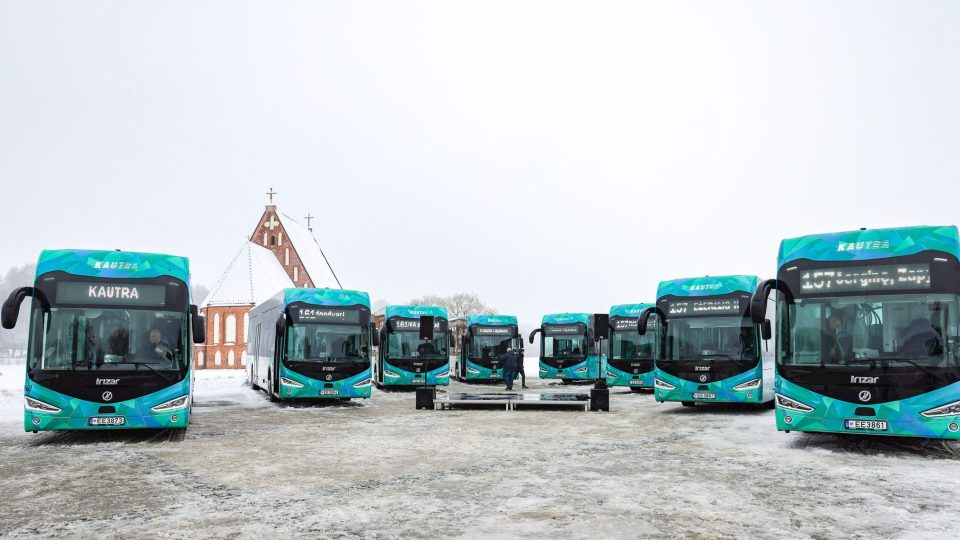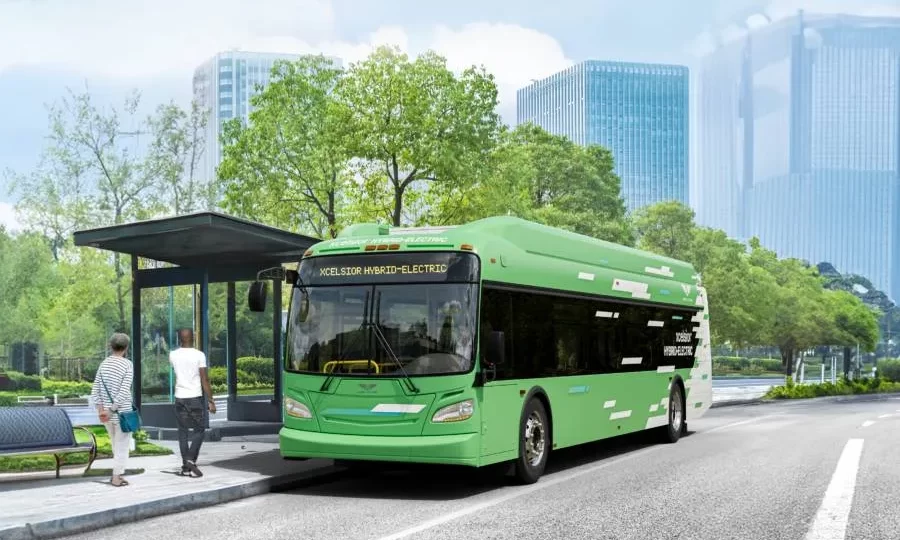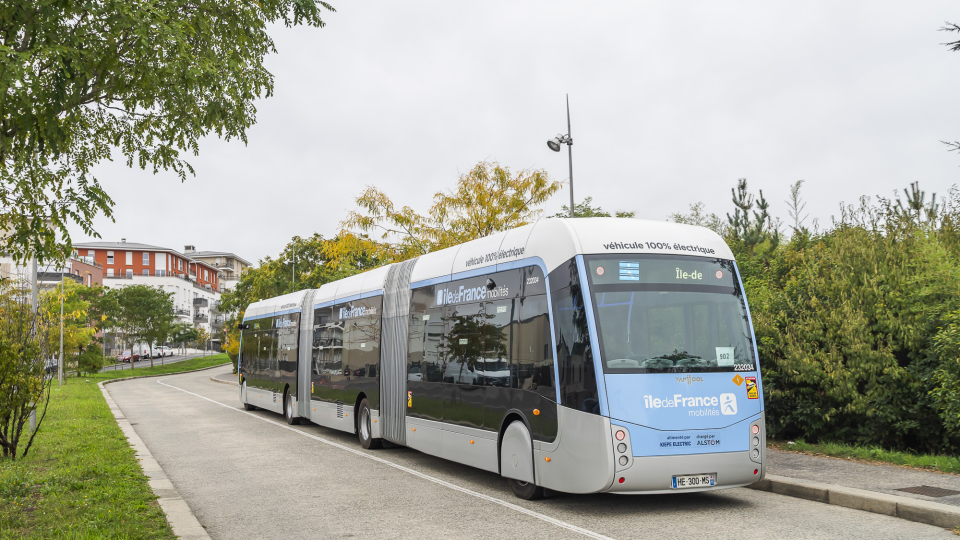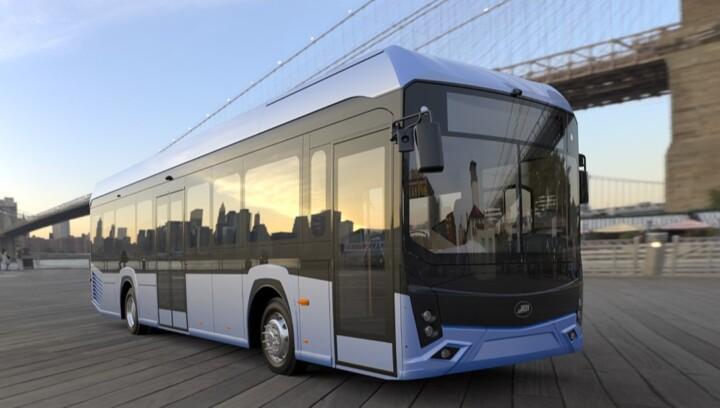Graz in Austria introduces four electric buses Mercedes eCitaro in service
The Austrian city of Graz has added four fully electric buses—two solo buses and two articulated eCitaros—to its public transport network. According to Graz Holding, the vehicles began phased deployment on the city’s lines from 16 November, gradually reinforcing peak-hour services, and will operate on line 67 from January. The deployment increases the Graz Linien […]
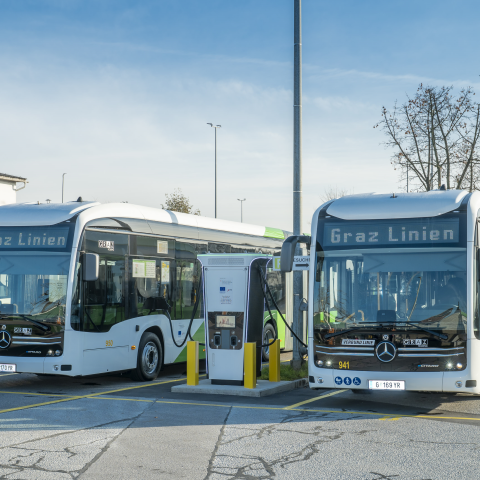
The Austrian city of Graz has added four fully electric buses—two solo buses and two articulated eCitaros—to its public transport network. According to Graz Holding, the vehicles began phased deployment on the city’s lines from 16 November, gradually reinforcing peak-hour services, and will operate on line 67 from January.
The deployment increases the Graz Linien fleet from 172 to 174 vehicles, replacing two older diesel buses and adding two additional high-capacity articulated buses. The project is funded through Austria’s Federal Ministry for Innovation, Mobility and Infrastructure and the FFG “EBIN” program, covering 80 percent of the additional vehicle cost and 40 percent of the infrastructure investment compared with conventional buses, Graz Holding reports.
Graz Linien fleet grows
The company also highlights that the deployment builds on previous research projects, including move2zero and Hy-Bus Implementation, which tested battery-electric and hydrogen-powered buses in real service conditions. Coordinated by the Graz Energy Agency and funded under the Zero Emission Mobility program, the projects involved eleven research and industry partners and generated data on route-specific vehicle performance, energy consumption, and optimal fleet technology mix.
The buses are Mercedes eCitaro equipped with NMC3 battery modules. Solo buses carry five modules with a total capacity of 490 kWh, while the articulated buses carry six modules totaling 588 kWh. Preconditioning at the bus depot allows vehicles to enter service immediately at an appropriate temperature. The required charging infrastructure was installed at the city’s bus center.
Safety systems on the new eCitaros include side-mounted turn-assist cameras and radar sensors, collision and braking warning systems, and traffic-sign recognition and driver-attention monitoring. At low speeds, an Acoustic Vehicle Alerting System (AVAS) signals the vehicle’s presence to pedestrians, compensating for the quiet operation of electric buses.
Holding Graz CEO Wolfgang Malik and Holding Graz Executive Board Member Mark Perz state: “Graz Linien has set clear goals in coordination with the city of Graz: fewer emissions in Graz and less noise for passengers and residents. The new buses and the research project ‘move2zero,’ which Holding Graz implemented together with the Graz Energy Agency and project partners from research and industry, represent an important milestone in the gradual conversion of the bus fleet to CO₂-neutral propulsion technologies.”
Bernd Vogl, Managing Director of the Climate and Energy Fund adds: “When it comes to innovative solutions for e-mobility, Graz repeatedly takes a pioneering role. With ‘move2zero,’ a groundbreaking research project has been implemented, from which cities across Austria can now benefit, as synergies are used, costs are reduced, and implementation is accelerated. This is exactly the type of support that the Climate and Energy Fund stands for: research, practice, and impact are consistently considered together.”




